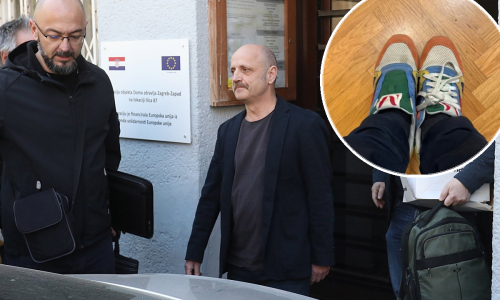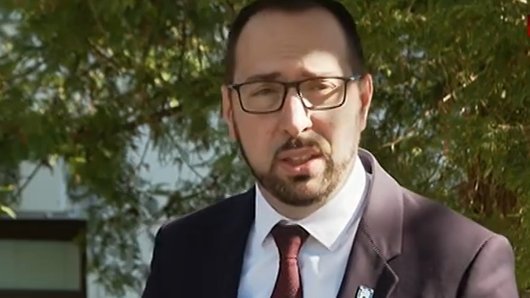Borislav Mikelic, the prime minister of the former self-declared Serb statelet in Croatia SAO Krajina, will be retried for war crimes against civilians in the Petrinja area on May 24, Zagreb County Court judge Zeljko Horvatovic decided at Monday's preliminary hearing.
Mikelic was convicted to 20 years' imprisonment in his absence in 1993.
Ten witnesses will be heard, court spokesman Kresimir Devcic told the press.
"Mikelic, who lives in Belgrade as a 73-year-old pensioner, didn't appear at the hearing and will most probably be tried in his absence again, but this time with a chosen attorney and at standards that are far from those in the early 1990s, when people were convicted without evidence," said Mikelic's attorney Silvije Degen, who requested the retrial.
The Sisak County Court convicted Mikelic in 1993 to the highest sentence possible at that time, 20 years in jail, alongside eight other defendants. All were tried in absentia and a warrant was issued for Mikelic's arrest.
The Sisak court recently granted Degen's motion for a retrial, after which the case was transferred to Zagreb.
Mikelic is charged with preparing and coordinating an armed rebellion against the Croatian authority and ordering Chetnik units to attack Petrinja and other places in the Banovina region.
Degen said witnesses would confirm that Mikelic did not take part in those operations and that he was in hospital at the time relevant to the indictment.
He described the charges as vague and the 1993 defence as a disgrace, because the court-appointed attorney did not appeal the verdict. Degen said all the accused in this case were later amnestied, except Mikelic.
Before the Serb rebellion in Croatia, Mikelic was the director of the Gavrilovic food company in Petrinja. In April 1994, he became the PM of the self-styled SAO Krajina and, although convicted, took part in negotiations between Serb rebels and Croatian officials, including in Zagreb, from 1994 onwards.
After the fall of SAO Krajina, Mikelic fled to Belgrade. In 2003, he was arrested for involvement in the assassination of Serbian PM Zoran Djindjic. Degen said he was cleared of that suspicion. Mikelic spent three months in custody that year and the Serbian Justice Ministry refused to extradite him to Croatia.





































